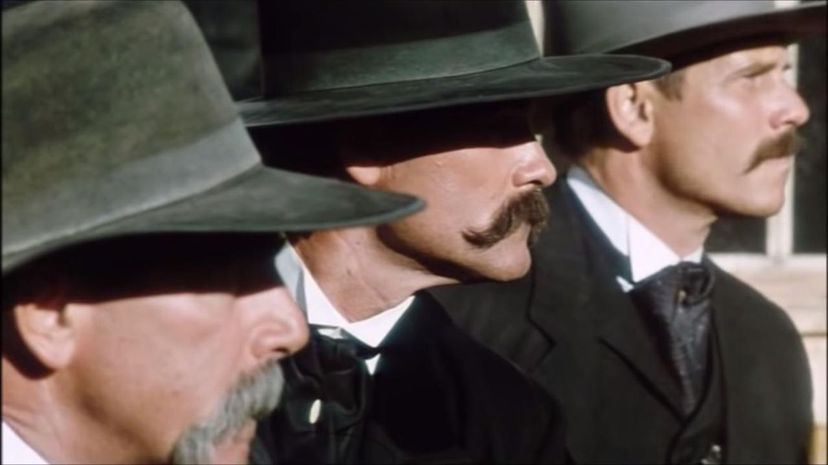
About This Quiz
The 1903 Western "The Great Train Robbery," starring Bronco Billy Anderson, is widely considered as the first released Western. Although it was a silent film in a genre now known for playful and colorful vernacular, it will always be remembered as the classic that started it all. It's actually amazing that a genre with such inherently familiar characters has sprung such a massive following and thousands of movies. In fact, the genre was so popular in the '50s and '60s that TV produced hundreds of TV shows based on the Wild West, and there have been thousands of movies produced since that TV heydey.Â
So, are you ready to "Put up your dukes, partner?" Are you a quiz outlaw, ready to steal the right answer? Or is it time to get the sheriff because things are about to get wild? We will give you a short description of a movie and it will be your job to figure out which movie it is. From cattle barons to Mexican and Confederate gold, few movie genres are as exciting as Westerns.Â
While most drifters are hard to trust, a Western drifter tends to have skills you might want to pay attention to, if you need a little help answering the questions in this quiz. So "mount up," it's time to prove your skin, Sassafrass!
Advertisement
Advertisement
Advertisement
Advertisement
Advertisement
Advertisement
Advertisement
Advertisement
Advertisement
Advertisement
Advertisement